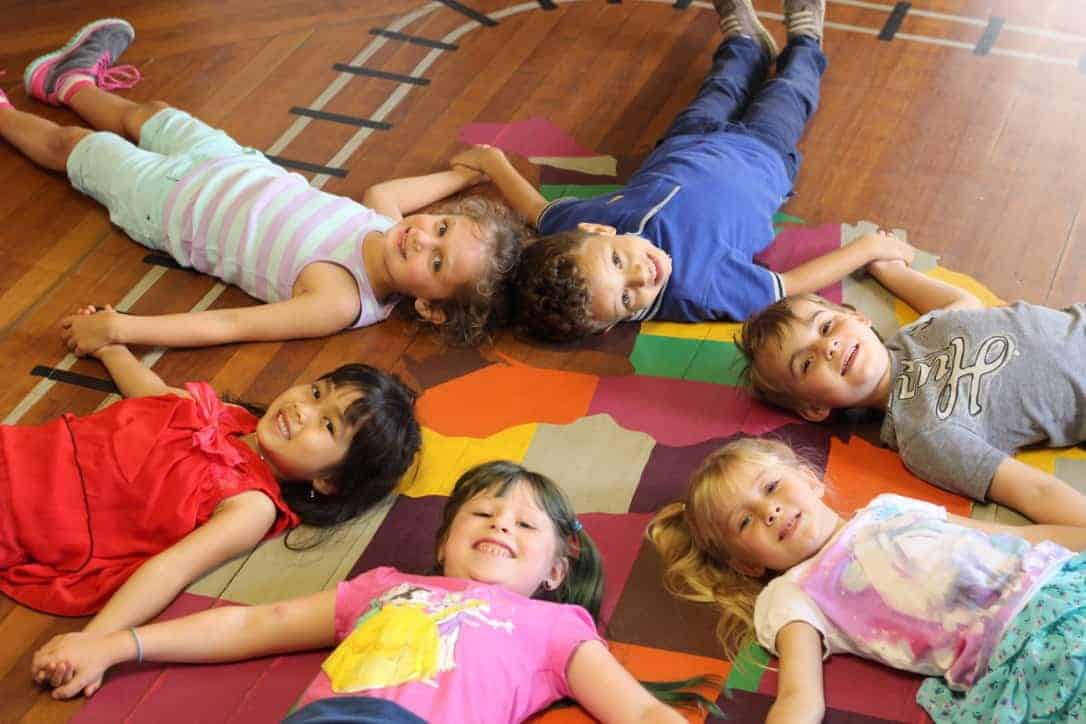As parents, we all want our children to be safe, happy, and healthy. We hope that as they start school, the first big step toward independence, they make friends easily, find a great group of peers, and excel in a fun, engaging classroom with a wonderful, caring teacher. During the transition from either home or preschool to the larger, educational environment of the public school system, we as parents worry that our children will be lost in a larger system, left behind, or bullied. This exciting (and nerve-wracking) time can be an adjustment period for everyone in the family.
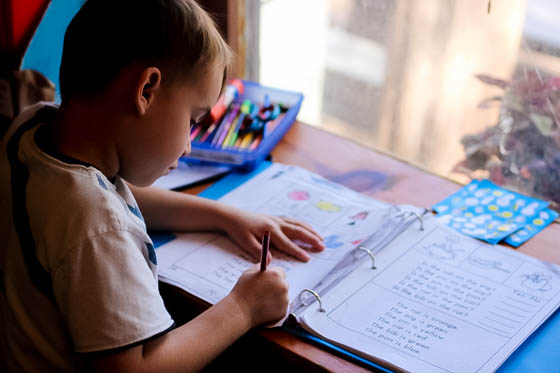
When switching to a new school in the middle of the academic year, these same emotions can be heightened dramatically. Not only are a parent’s original concerns still applicable, but now both you and your child are also worried about whether your son or daughter will be able to catch up with the schoolwork? Will the cliques that have already formed accept your child? Will the teacher’s evaluate and get to know your child’s strengths and weaknesses or just keep moving forward with the rest of the class expecting your child to keep up?
These questions and concerns plague parents alike, whether choosing to switch their child to a different school in the middle of the school year, or being forced to because of a move or family relocation.
Obviously parents play a huge role in their child’s education, and a positive attitude, parental involvement, and lots of encouragement can help your child tackle a new school with a great outlook. Here are some tips for helping your child adjust to a new school:
Visit the school with your child before they are scheduled to start.
Once you decide to enroll your child at a new school, schedule a tour for you and your child. Making your child as much a part of this process as possible makes the transition smoother and also gives your child a confidence boost in helping them feel they have some control over the situation. Although ultimately the decision to transition to another school is clearly yours as the parent, or due to a move and not really optional, inclusion in the moving process gives your child a voice.
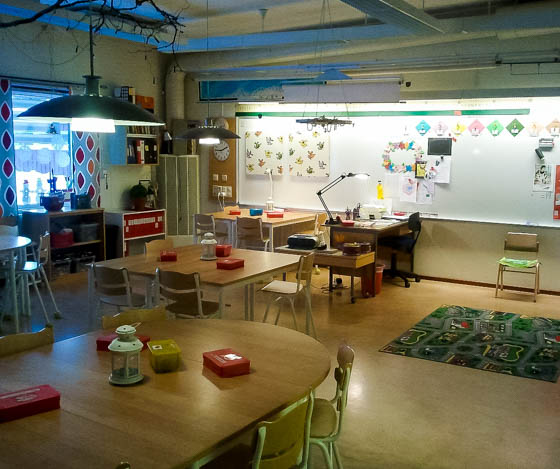
While touring the school make sure to ask lots of questions and pique your child’s interest; ask to see the specialty areas that may be of special interest to your child. Make sure to visit the art room and see what projects are being worked on by other students, check out the media center and excite your child about all the new books or technology he or she will be exposed to, and stop by the playground where your child will get to spend their recess.
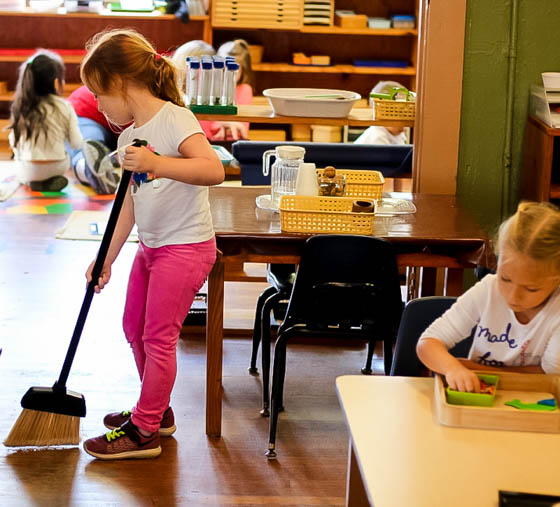
The more familiar your child can become with the layout of the school campus while you are present and before their first day there alone the better. After the tour make sure all necessary paperwork has been completed, including gifted placement or IEP considerations, so that on the first day your child is not singled out for any reason, such as not having a classroom assignment or student code yet.
Meet the teacher and ask to sit in on a classroom session of the class your child will be joining.
Allowing your child to establish a repertoire with the teacher before the first day of drop off will assuage some of their fears and first day jitters; it will comfort you as well knowing that the teacher will recognize your child when they arrive.
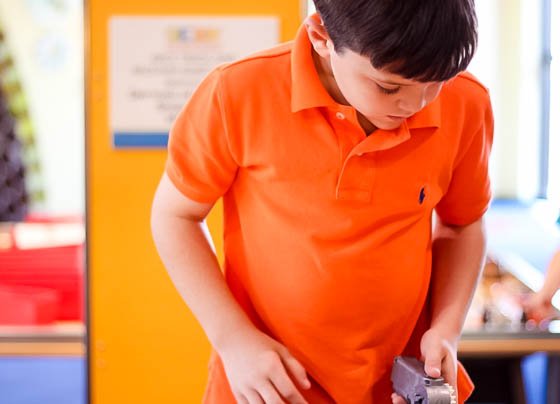
Sitting in on a class with your (elementary) age child will allow them to meet some of the other students that will be in their classroom. Your child will see that most students are always interested to learn about the new kid in class so they will likely have no problem fitting in within the first few days. The other kids in the class will likely be more than willing to show your child what they are working on and show them around, thus allowing your child to see what he or she is getting into before the first day of drop off.
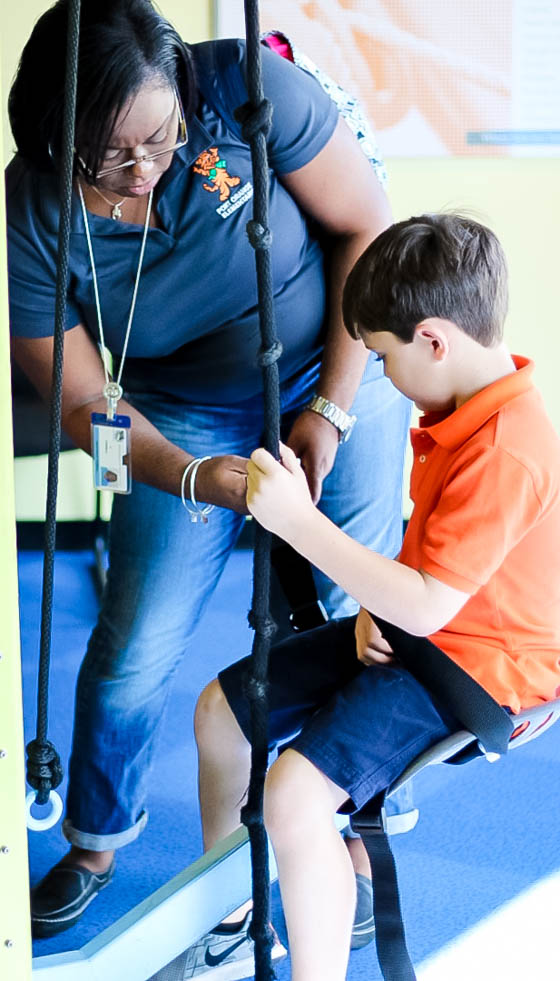
Being able to evaluate and observe this new environment with you present will alleviate a lot of the anxiety your child may otherwise suffer. Children adjust to new situations much easier when they can sense that their parents are comfortable too, so when your child sees you excitedly observing their soon-to-be classroom they will be able to embrace the new circumstances stress-free.
Get all classroom and supply information ahead of time and take your child shopping.
Letting your child pick out their school supplies may seem like no big deal to you, but to them it is allowing them to be a part of a larger process of which they are really the center. Children become independent and responsible by developing a strong sense of confidence and self-esteem which are cultivated by free choice and decision-making ability.

As parents we tend to make choices for our children as to what they are going to wear, who they will play with, what they will play with, and the like. These actions undermine our children and do not empower them to make choices for themselves. Clearly, this is done sometimes for convenience, but mainly out of love and concern for our children, but “doing for” our kids does not teach them to advocate for themselves later in life or in situations when we aren’t there.

It may seem silly to make such a big deal out of small choices such as school supplies or what to wear on the first day, but it is a matter of giving our children a modicum of control; letting them make the small, inconsequential (to you) choices now will allow them to mature into a person who can make the hard choices later. Further, picking out school supplies is fun, so help your son or daughter grab a glittered pencil box and some new markers and talk about all the awesome experiences you know they are going to have in their new school!
Encourage your child to get involved or sign them up for an after-school program.
Although our children spend the majority of their day in school, most of that time is spent with academics – math, science, and reading. In school these days, the average lunch is 20-30 minutes with 15 minutes of recess or free time. If you are a parent who is able to then pick your child up directly after school, there is actually very little time for your child to get to know any of their peers and really make friends.
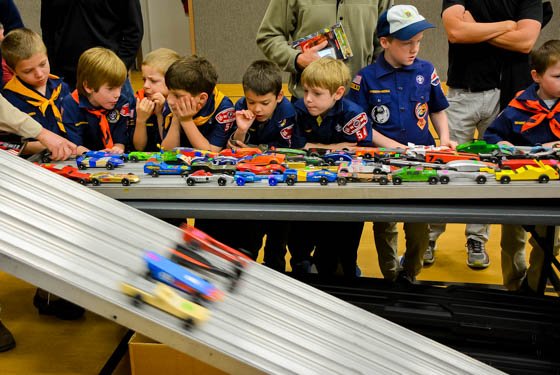
For the majority of kids, friends are made in play, and unfortunately our kids don’t get nearly enough of that in the school system. However, most schools have a plethora of after-school activities to choose from, so encourage your child to join in! Even at the elementary level many schools have clubs such as Girl Scouts and Boy Scouts, STEM, chess club, running club, or sports your child can participate in after school.
Most elementary schools also offer an after-school or extended day program where your child can stay after-school and play. These after-school programs are usually pretty unstructured allowing the kids to free play outdoors, eat snacks, and occasionally do homework. This is a great opportunity for your child to actually get to know other children in his class, run off that pent-up energy, trade Pokémon cards, and just play in a safe, secure, and supervised setting.
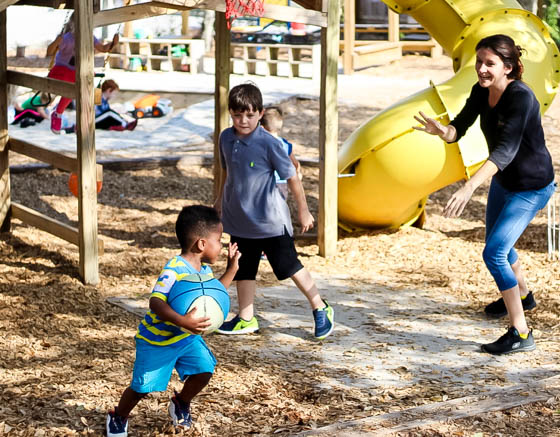
There is often quite a difference in the quality and quantity of friends a child has based on whether they have the opportunity to join in after-school activities. Allowing your child to become as much a part of their school environment as possible gives them a sense of belonging and encourages success.
Volunteer at your child’s school.
Join the PTA, volunteer in the classroom, chaperone field trips… these are just a few things you can do to get involved and become an integral part of your child’s school. Let your child know you are there and forming relationships just as he or she is doing. Think about it, this is the place where your child will spend the majority of their waking hours during the next several years so establish yourself as a member of this community.
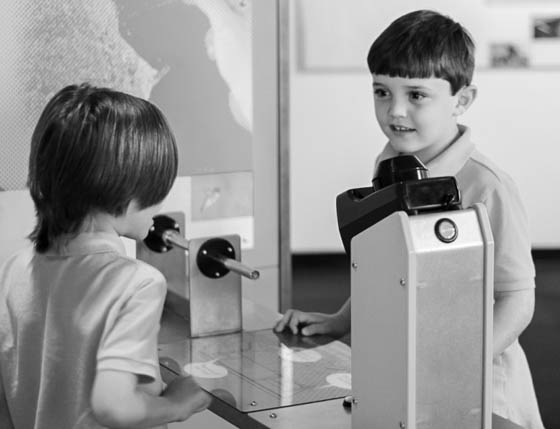
Parents need to get involved in their children’s schools for many reasons, but mainly so that your child sees how important you think their education is. If you as a parent take time from your busy day to spend it in your child’s classroom you must think what is happening there matters. Further, when your child sees that you are comfortable in this new environment he or she will adapt much quicker.
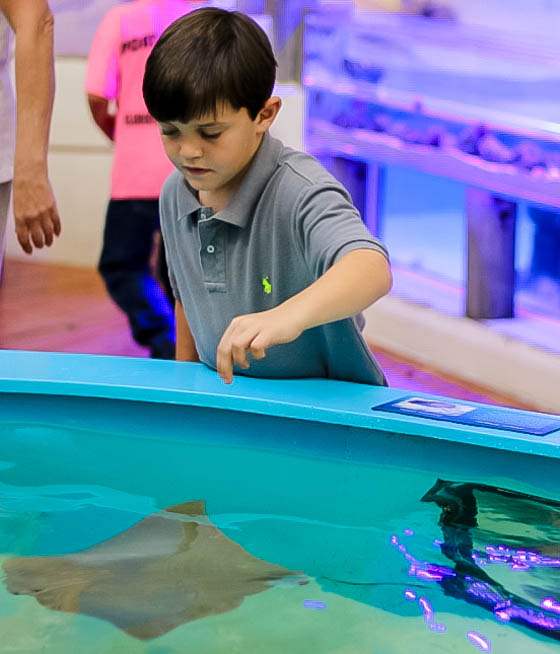
Getting involved will allow you to learn who your child’s friends are, where the other students are at educationally, and what if any problems your child may be having in this new setting. Being a pro-active parent will only benefit your child in the long run, as you can make more informed decisions regarding their academic and social development if you take the time to observe and interact with them in their educational environment.
Support your child with a positive, encouraging attitude.
Be your child’s biggest cheerleader. Let him or her know you are proud of them even for the smallest things, such as making a new friend, helping out the teacher, or obtaining a good grade. Transitions are tough for all of us, but for a child, moving to a new school can be a frightening and traumatic experience, or a positive and encouraging one. Make sure your child knows that he or she can talk to you about anything without fear of reprisal.
Allow your child to verbally express his or her opinion of the new school and the teacher, and then you will be able to determine whether he has had a good or bad day. Simply asking whether your child had a good day and receiving a “fine” in response means nothing. Discussing the details of the day with your child may allow you to also change their view on certain situations that may have occurred. For example, your child may think the teacher calling on him was to target him and he didn’t like it. Respect his feelings about this, but use your “adult wisdom” to explain gently that maybe the teacher was just trying to include him and get him to participate in the group so the other kids would get to know him and include him themselves.
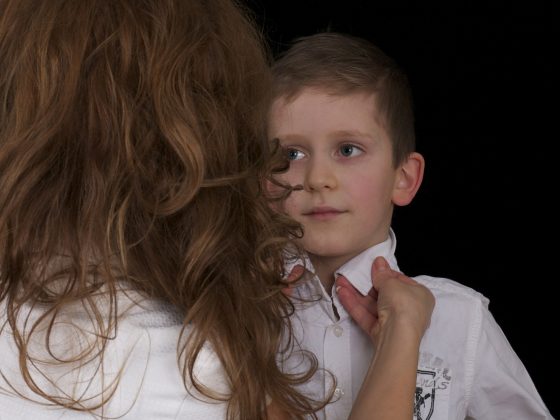
Realize that your child may need to talk to you now more than ever because she might be experiencing awkward social situations, or be spending most of the day on her own without really interacting much or talking with other kids as she scopes out this new environment.

Friendships take time even in the early elementary years and especially in the middle school environment. Plan to spend extra time with your child as he develops new school connections/friends. Although you too may be busy adjusting from the move or acclimating to a new work environment yourself, make a point to set aside some special time to go do something fun together. If you are remaining in the area but just switching schools, schedule weekend or after-school playdates with friends from your child’s old school.
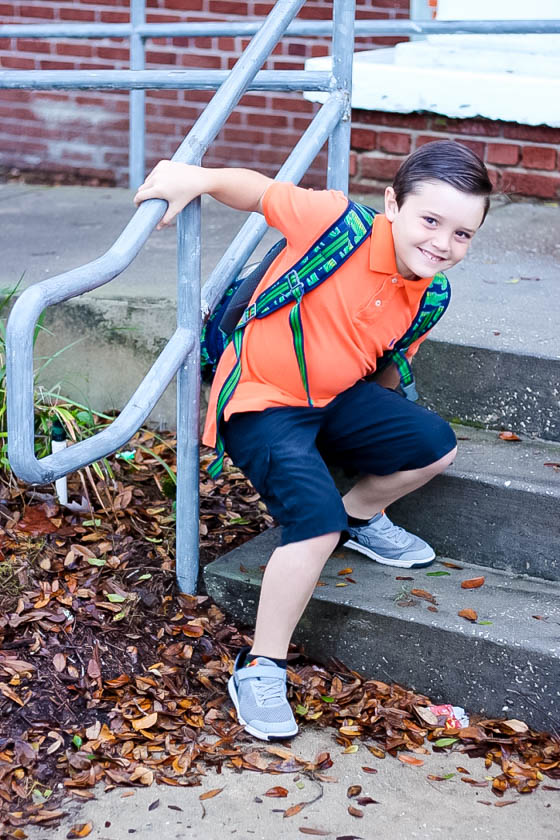
Just make sure you are continuing to offer comfort and reassurance to your little (or big) one that adjusting to a new school takes time and that there may be some bumps along the way, but it is for the better in the long run and it will work out. In a few months when she has a new best friend, is invited to an awesome birthday party, or actively participates in her daily lunch table discussion, you will be able to breathe easy knowing the move was the right choice!
Kids are resilient, but they are also very sensitive, whether boys or girls, and big changes like switching schools have a significant impact on them. As parents we so often brush aside their feelings just thinking “he will make friends” or “she will fit in.” It is not always that easy, but with a little extra involvement and encouragement from a parent it can be. With the teacher’s permission bring doughnuts in for the class snack one morning or offer to volunteer and plan a fun game or craft for the class one afternoon. Come up with creative ways to engage your child in their new school and his classmates with their new student. After all, we all want our children to enjoy learning, and loving our school is the best way to accomplish that goal.
Photo Credits: Kristin dePaula, Kristen D., Pixabay



































